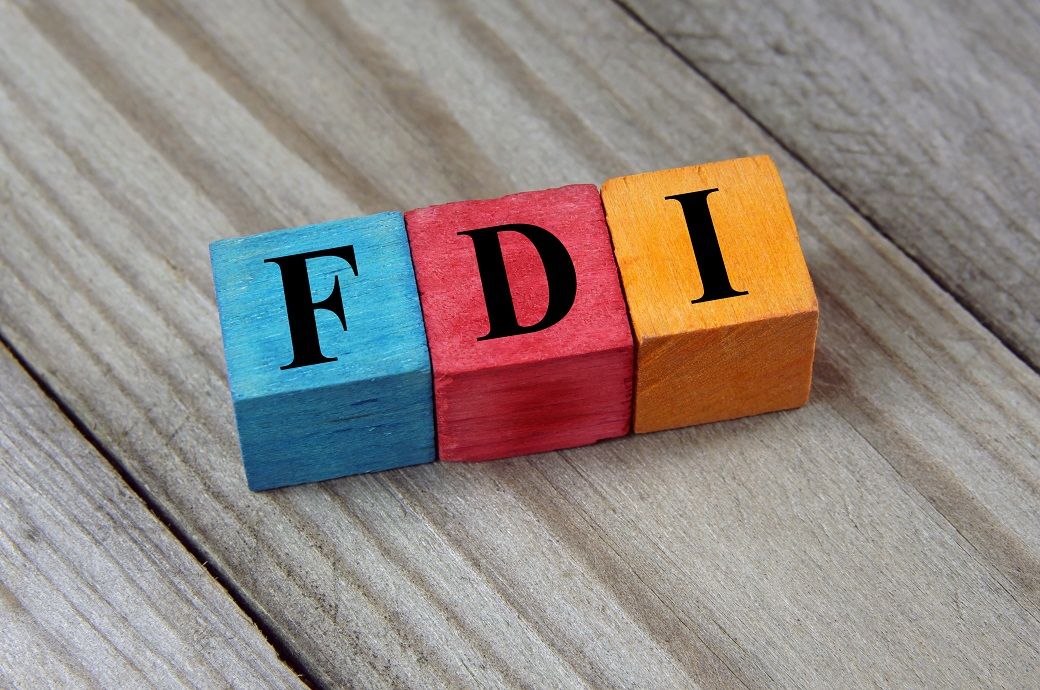
In FY24–25, Maharashtra attracted the largest share of total FDI equity inflows, accounting for 39 per cent, followed by Karnataka with 13 per cent and Delhi with 12 per cent. Among source countries, Singapore emerged as the top contributor with a 30 per cent share, followed by Mauritius at 17 per cent and US at 11 per cent, the Ministry of Commerce & Industry said in a press release.
Over the last eleven financial years (2014–25), India attracted FDI worth $748.78 billion, reflecting a 143 per cent increase over the previous eleven years (2003–14), which saw $308.38 billion in inflows. This constitutes nearly 70 per cent of the total $1,072.36 billion in FDI received over the past 25 years.
Additionally, the number of source countries for FDI increased from 89 in FY13–14 to 112 in FY24–25, underscoring India's growing global appeal as an investment destination.
In the regulatory domain, the government has undertaken transformative reforms across multiple sectors to liberalise FDI norms. Between 2014 and 2019, significant reforms included increased FDI caps in defence, insurance, and pension sectors, and liberalised policies for construction, civil aviation, and single brand retail trading.
From 2019 to 2024, notable measures included allowing 100 per cent FDI under the automatic route in coal mining, contract manufacturing, and insurance intermediaries. In 2025, the Union budget proposed increasing the FDI limit from 74 per cent to 100 per cent for companies investing their entire premium within India.
These trends reaffirm India’s position as a preferred global investment hub, enabled by a proactive policy framework, an evolving business ecosystem, and rising international confidence in India’s economic resilience, added the release.
ALCHEMPro News Desk (SG)
Receive daily prices and market insights straight to your inbox. Subscribe to AlchemPro Weekly!